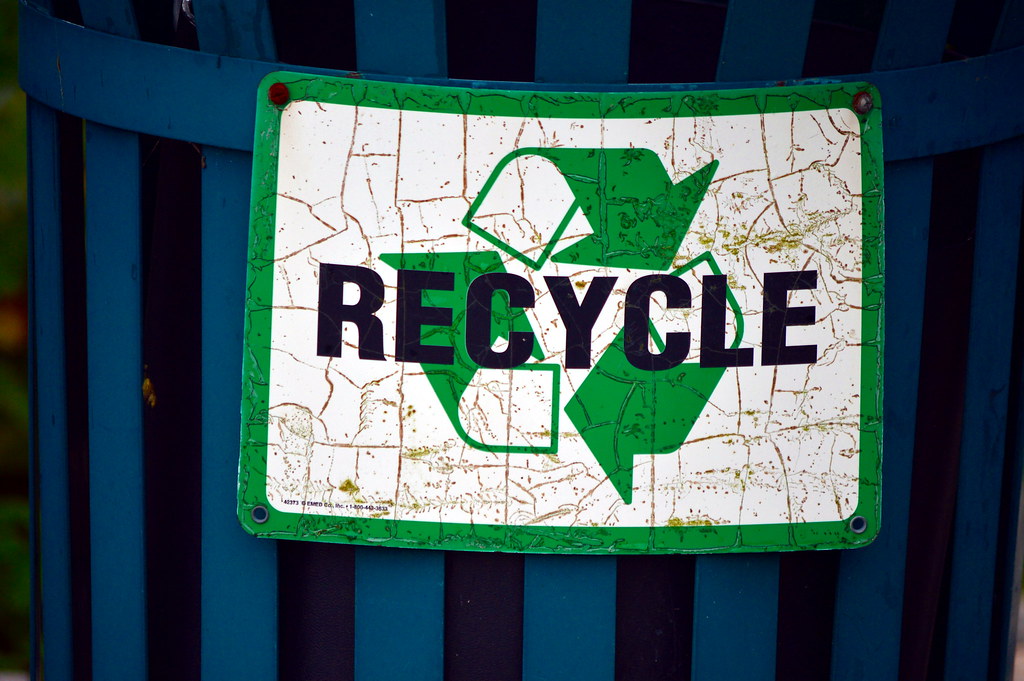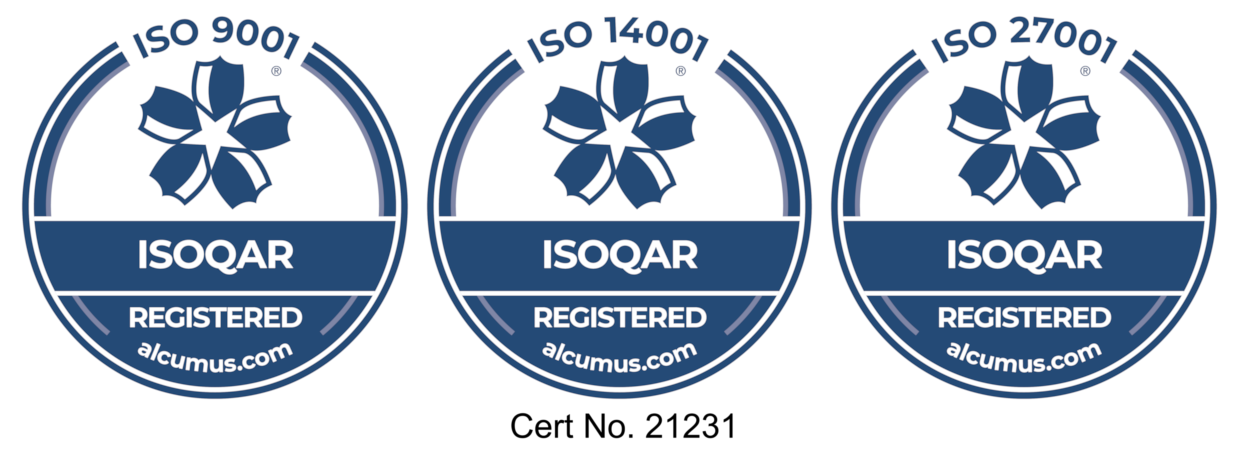Turning our rubbish into incredibly smart solutions to save the planet

As we become more aware of the challenges facing our environment, recycling has become an everyday practice for most people in the UK. However, as fears about climate change are rising, innovators and scientists are taking more radical steps to tackle waste. Sustainability has become one of the most critical factors in global research, as we try to reduce waste and consumption. We look at innovations and technologies that are revolutionising the recycling world, turning our rubbish into incredibly smart solutions to save the planet.
Homes made of waste
When you think of waste plastic and rubber, you probably don’t think about a building material. However, social enterprise Conceptos Plasticos has developed a way to create stackable bricks from recycled materials. These bricks not only reuse waste that would have been sent to landfill, but they also create the prospect of durable and affordable housing.
Compostable Packaging
The plastic wrap on food packaging has long been an issue for those trying to cut down their plastic use. Balancing hygiene, shelf life and sustainability has been a difficult task for supermarkets and producers. But The Fraunhofer Institute for Silicate Research ISC has developed a new coating for food products, which is compostable. Their new coating, which is made from silicate and biopolymers, improves the performance of biodegradable packaging, meeting the shelf life that food products require, without using harmful materials.
3D printing with waste plastic
The new technology of 3D printing brings plenty of exciting prospects for designers and engineers. However, it uses a lot of plastic, which isn’t ideal when we are trying to reduce plastic consumption. The New Raw is a Greek company which turns waste plastic bottles and cups into 3D printing filament. By breaking down the plastic into reusable material for 3D printing, this recycled plastic can be used to create a vast range of new products.
Biodegradable Batteries
Disposing of batteries is a tricky task due to the hazardous waste substances like mercury, cadmium and lithium that are contained in them. Batteries need to be disposed of separately and responsibly. However, at the University of Wollongong in Australia, scientists have developed a thin, flexible battery which is made out of silk and dissolves in water in 45 days!





